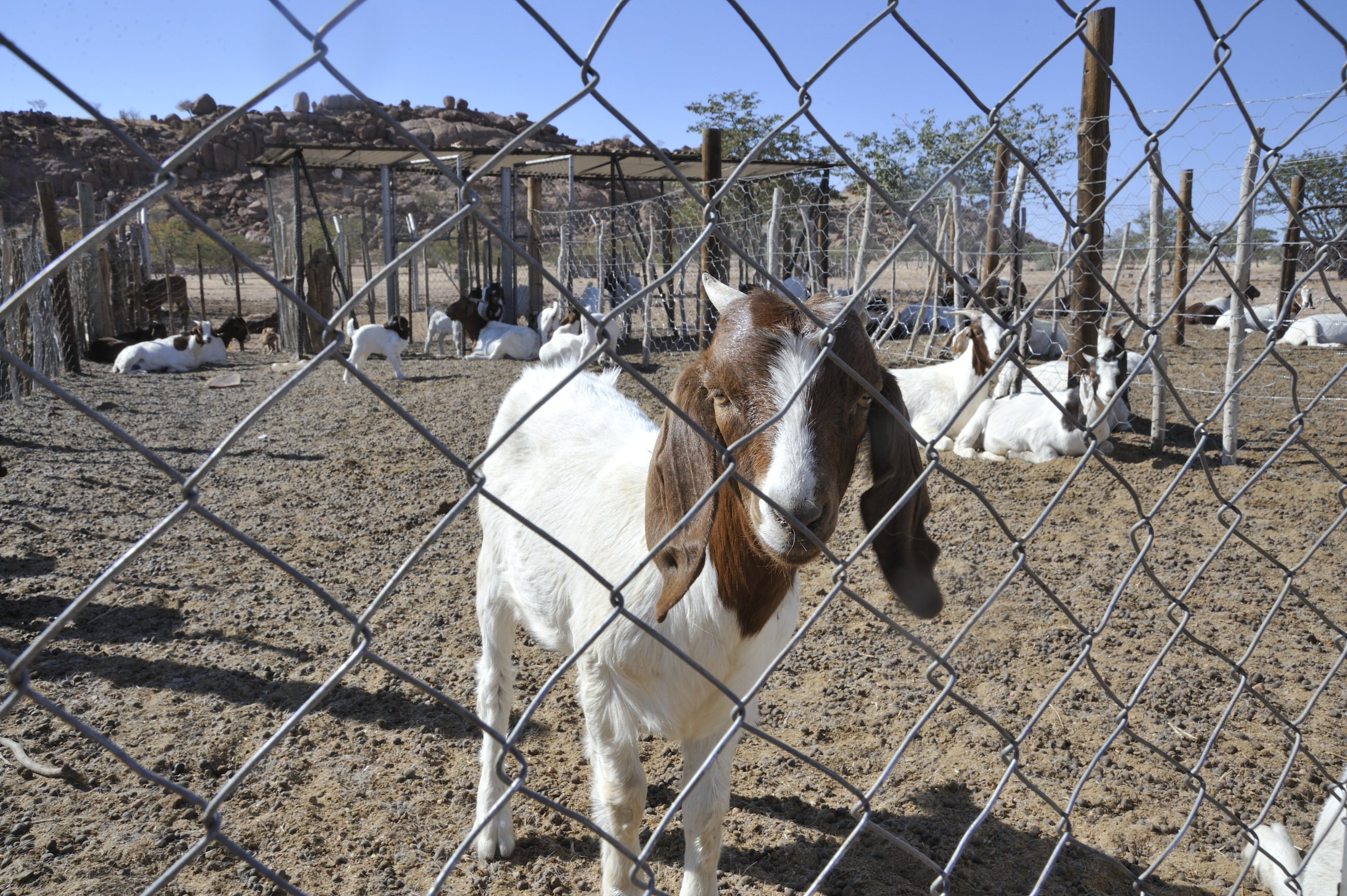
SAP001:
Improving rangeland and ecosystem management practices of smallholder farmers under conditions of climate change in Sesfontein, Fransfontein and Warmquelle areas of the Republic of Namibia
This project titled Improving rangeland and ecosystem management practices of smallholder farmers under conditions of climate change in Sesfontein, Fransfontein and Warmquelle areas of the Republic of Namibia, is financed by the Green Climate Fund (GCF) to the tune of US$ 9.3 million through the Simplified Approval Process (SAP), and is focused on the Kunene Region, a vast geographic Namibian area that has particularly felt climate-induced catastrophes such as prolonged periods of drought since 2010.
The project aims to reduce the vulnerability of smallholder farmers under climate change conditions by safeguarding natural capital and generating ecosystem services to sustain agricultural production systems. More specifically, this project is intended to:
- Promote investments in integrated drought early warning systems and improve existing ones;
- Strengthen and improve the capacity of key stakeholders in drought risks management at regional, national and local levels; and
- Support communities to undertake innovative adaptation actions that reinforce their resilience to drought.
The target region, Kunene, is one of the fourteen geo-political regions in Namibia and with a total landmass of 115,260 km², is also one of the largest.
The region has a population of 86,856 people of which 43,253 are women and 43,603 men (2011, Namibia Population and Housing Census). The regional population grows at an annual rate of 2.3 percent. With 74 percent of the population living in rural areas of the region, a majority depend on livestock farming, conservancy related tourism and the use of biodiversity products for their daily livelihoods.
These livelihoods are however under threat from more frequent and severe droughts, which has lead to crop losses of at least 75% (FAO), and continually increases livestock losses.
The interventions planned for the project are the adoption of rangeland management techniques that will reduce the vulnerabilities of the farming communities. Specifically, the project will have learning sites in Sesfontein, Fransfontein and Warmquelle.